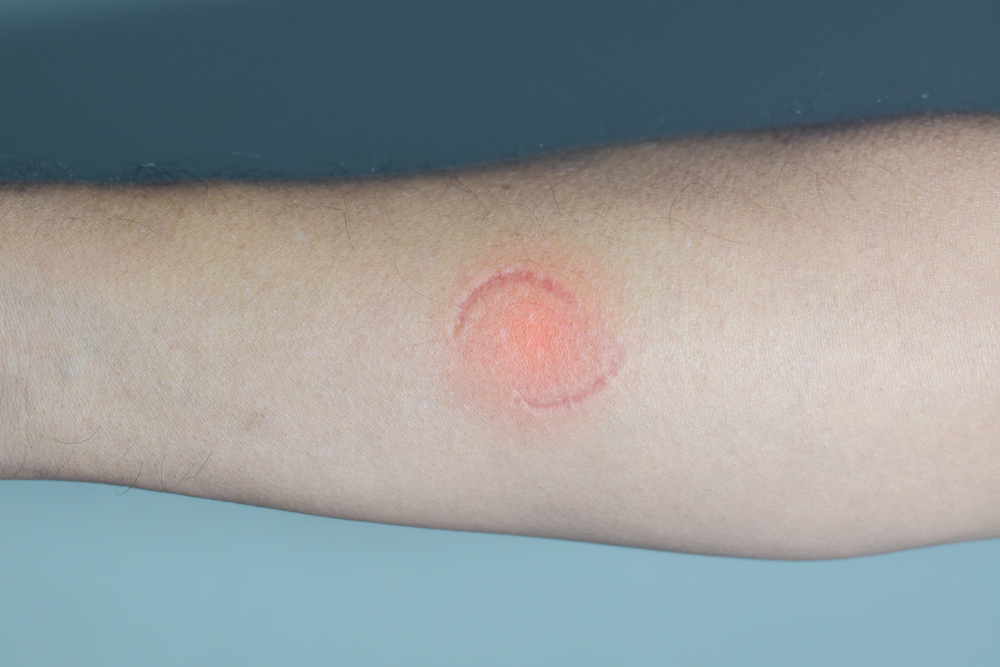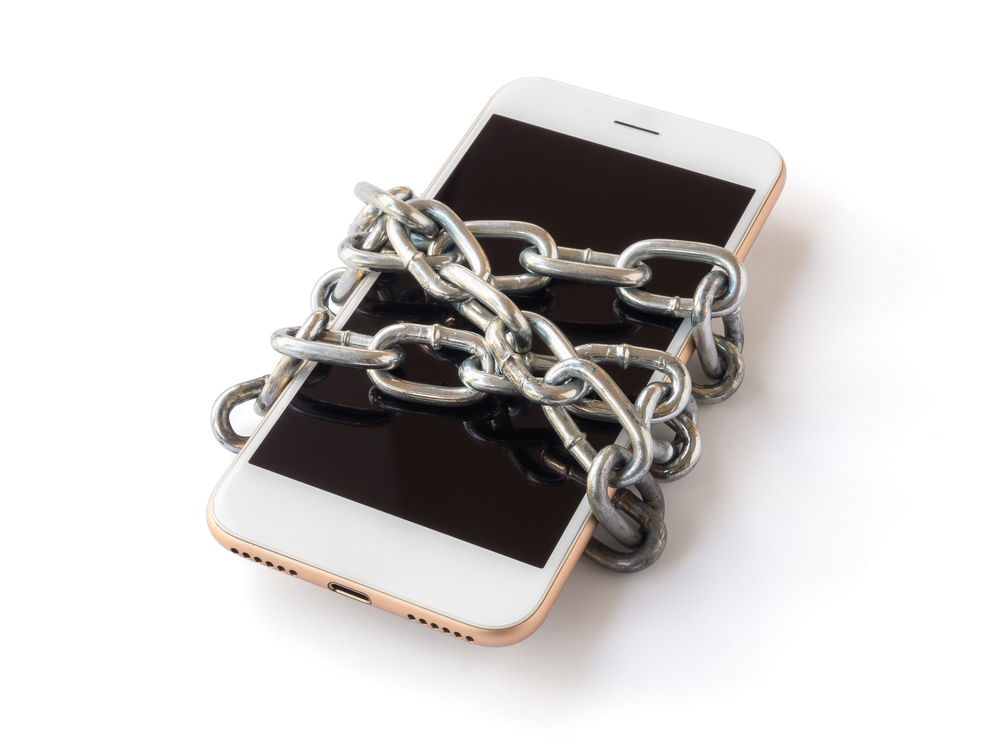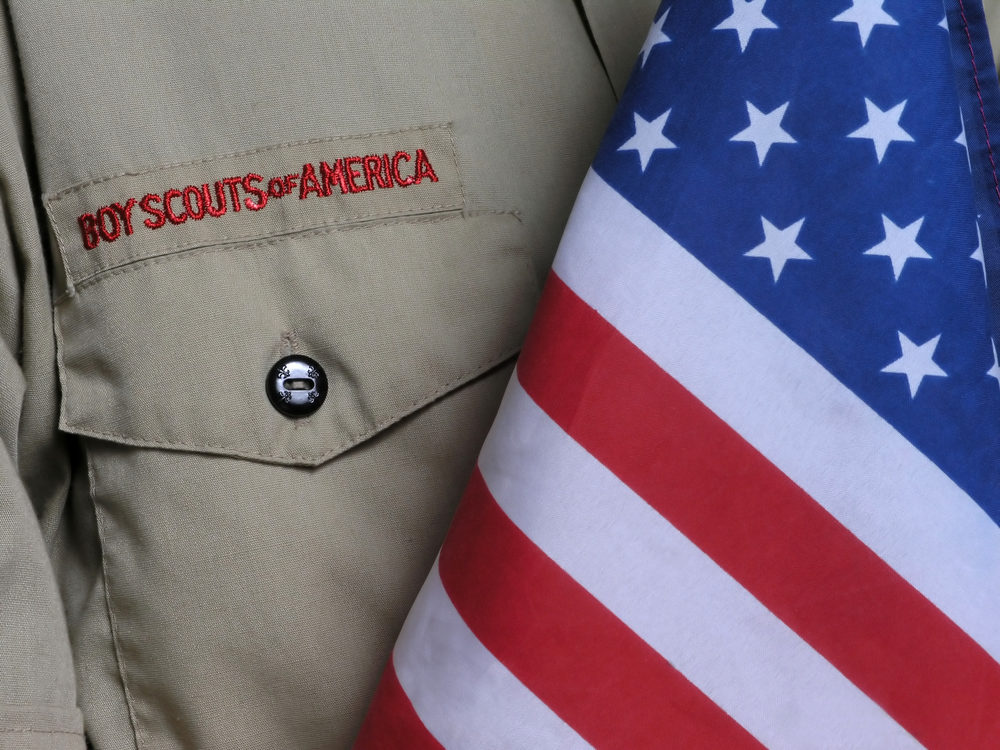These days, your landlord doesn’t have to peep out the window like Gladys Kravitz to keep tabs on your every move. Constant surveillance is just a click and ‘two-day shipping’ away.
From the Ring video doorbell to nanny cams to key fobs, the Internet of Things and “smart home” technologies have made it easier than ever to gather data on consumers. And data privacy law simply hasn’t caught up. “It’s still the Wild West,” said Katie McMahon, who wrote a note on smart home privacy for the Fordham Law Review in 2018.
Organizations like Landlord Tech Watch have flagged this surge in “proptech” (short for property technology) as a tool of gentrification. New York City has become something of a proving ground for legal cases where proptech and privacy rights clash — in part because NYC landlords have so much to gain by shedding themselves of a tenant with a sweet, rent-stabilized deal.
RELATED: Free tool helps thousands delay eviction under CDC rules
RELATED: Smart speakers offer new legal challenges as privacy goes public
Increasing surveillance on populations that are already over-policed — by installing more security cameras, for instance — can intimidate tenants into moving out. But landlords can also use proptech to build a case for eviction, Landlord Tech Watch contends.
Data that seems harmless at first, like records from keyless entry or even smart AC systems like Nest, could be used to establish patterns of movement. That could demonstrate that an apartment isn’t a tenant’s primary residence, which could put their stabilized rent in jeopardy.

“It’s no secret that I unlocked my door at noon on a given day,” said Andrew Geronimo, professor of law at Case Western University and former editor-in-chief of the Journal of Law, Technology & the Internet, said. “But when you start looking at the data and how it’s aggregated across entire years, and start drawing assumptions from those things … it does get somewhat troublesome.”
Proptech vs. privacy in (and out) of the courts
Many states don’t have legislation on the books that defines what kinds of data landlords can lawfully gather, McMahon said. With scarce-to-non-existent legal precedent, tenants are taking their grievances to the public. Two high-profile NYC proptech cases were ultimately resolved out of court in 2019.
A handful of tenants in a Hell’s Kitchen apartment building objected to the installation of Latch smart locks, which required the use of a smartphone app, a set of codes or a card to enter the building. Tenants cited concerns about accessibility for elderly residents and the prospect of the smartlock tracking their comings and goings — as well as the app’s privacy policy, which allowed Latch to collect and sell GPS information on their whereabouts.
In a March 2019 settlement, a judge ordered the landlord to offer physical keys to tenants who wished to opt out of the system. Tenants’ rights organizations hailed it as a victory, but since it’s a settlement and not a ruling it can’t establish precedent.
In a Brooklyn area case, tenants at the rent-stabilized Atlantic Plaza Towers were alarmed by their property manager’s plans to replace key fobs with facial recognition software. After the case drew international press (and comparisons with Orwell’s 1984), the property managers stood down.
Old-school surveillance
Proptech doesn’t have to be space age to pose problems for tenants.
In 2017, a New York City police officer was convicted of perjury after video evidence revealed that he and his brother spent little time at the brother’s rent controlled apartment, contradicting the officer’s testimony. The landlord had used a motion-activated camera hidden in an electrical box to document the brothers’ movements over a period of 15 months, and time-stamped stills were enough to convince the jury that the rent-controlled apartment was forfeit. Thanks to proptech, the $151.47 a month rent in Manhattan was no more.
What are tenants’ rights when it comes to old school surveillance? Generally, tenants have a reasonable expectation of privacy within their dwelling, but common areas — like lobbies, laundry rooms, and stairwells — are fair game for video surveillance. Any kind of surveillance that includes audio, however, might run afoul of state-level wiretapping laws.













